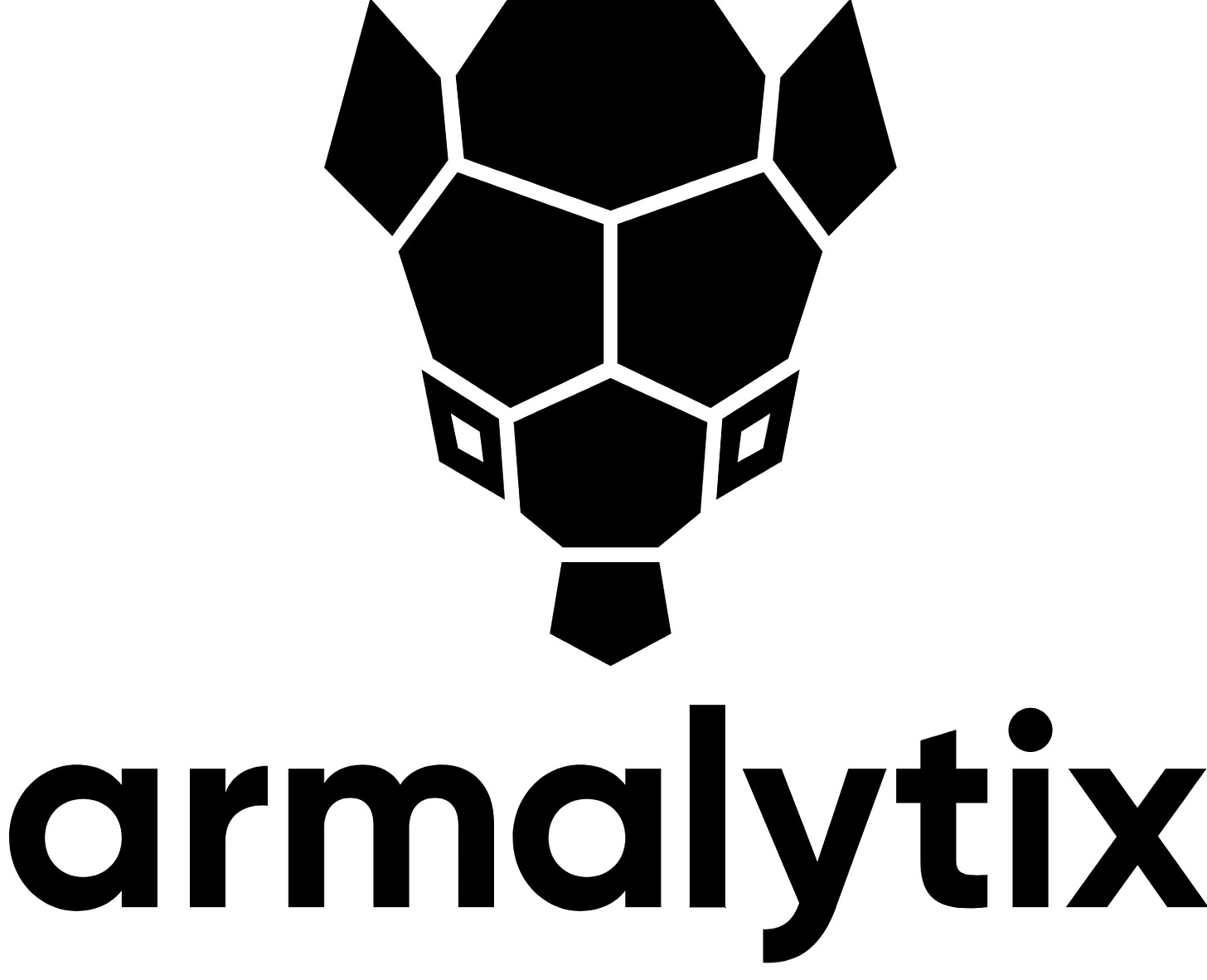Rock avoids slap over BetMGM ad
BetMGM’s Rock win, DC bill tabled, Congressional OSB move, Ohtani betting scandal, Oz bans eight +More
LeoVegas claims BetMGM ASA victory.
In +More: A deal is cut in Minnesota.
Bid to revive DC sports betting tabled.
New Congressional bill targets sports-betting marketing.
Ohtani interpreter accused of gambling debt theft.
The Australian regulator bans eight more iGaming sites.
Hail, hail to the good times, ’cause rock has got the right of way.
ASA gives BetMGM’s Rock ad a pass
The unappealing movie star: MGM subsidiary LeoVegas, which runs the BetMGM franchise in the UK, was able to claim a rare betting industry victory after the UK’s Advertising Standards Authority ruled that actor and comedian Chris Rock did not appeal to children. The ASA assessed Rock’s social media profile, career and possible appeal to minors. In dismissing three complaints about the advert they concluded:
His comedy has adult themes while his voiceover work for movies such as Madagascar, The Witches and Paw Patrol: The Mighty Movie were suitably historic or his appearances too brief to gain much of an under-18 fan base.
Rock’s tuxedo and life jacket worn in the ad were “not reflective of youth culture.”
The Las Vegas setting was “an adult-orientated gambling resort targeted at those over 21-years-of-age”; and the orchestra “playing a song by a band who had become popular in the 1980s” was unlikely to appeal to children.
Copy that: Law firm Wiggin noted LeoVegas had contacted CAP’s Copy Advice team prior to this episode and, while this is not an infallible approach, operators should “keep this service in mind” when choosing celebrity brand ambassadors.
Naughty naughty: In a separate ruling yesterday, Lindar Media was not so lucky and withdrew its Santa-featuring Mr Q advert from Facebook. The ASA warned Lindar not to feature themes that were appealing to children again.
File under ‘you don’t say’: The regulator concluded that “Christmas and the traditions surrounding it were likely to have strong appeal to children.”
Backing bans: Meanwhile, the University of Bristol released a second study on social media and gambling and concluded that regulators needed to ban gambling content marketing, or at the very least have a prominent ‘this is gambling advertising’ on all adverts.
The report concluded: “International advertising codes stipulate that advertising must be obviously identifiably as such… irrespective of age, content marketing is universally challenging to identify compared to conventional ads.”
It also suggested that international advertising regulations did not go far enough in protecting under-18s and should extend their protection of young adults until the age of 24.
Insurance policy: Dan Waugh, partner at Regulus, told C+M there are “well-documented risks with coddling or infantilising” through over-protection. “If universities genuinely believe that the age of adulthood should not begin until the age of 25 years, perhaps they should stop accepting undergraduate students below this age.”
Waugh continued that, as with an earlier study from the same authors, the “most interesting finding” is marketing for insurance services appears to create a deeper impression on children and young adults than gambling adverts.
Irony alert: “This poses the risk that taking out insurance may become normalized and that we are facing an epidemic of 24-year-olds taking out policies.”
Compliable’s platform is now able to service new markets in Europe and Latin America, expanding its global footprint outside of the US to help operators and suppliers navigate the licensing process in a more streamlined way.
Simplified license applications – ability to apply across multiple regions
Help along the way – FAQs portfolio and 1-to-1 support available
Unique Compliance Dashboard – manage licenses and track applications
Find out more here
+More
North America
Minnesota lawmakers believe they have navigated a rocky path and finally agreed on a bill to legalize sports betting. Sponsor Rep. Zack Stephenson said he expects a narrow vote on the issue, and he has been working hard to appease potential defectors.
It appears one of the biggest opposition groups is now onside, Stephenson told local media.
The House and Senate agreed to raise the tax on sports betting from 10% to 20%, and a deal was cut to provide tax relief for charitable gaming organizations to offset any potential losses from the phasing out of electronic pull tabs, which has been a major point of contention for several years.
There are still obstacles, as some lawmakers do not want any further expansion of gambling and the state’s racetracks are still opposing the bill.
But Stephenson said he believes the bill has “better than even” odds of passing.
Global
The Dutch regulator has demanded information from online casinos operating in the Netherlands regarding existing sponsorship contracts. It wants to know when the sponsorship contracts were signed, their duration and what the agreement includes.
Event sponsorships by online gambling operators will be banned from July 1, followed by a similar ban on sports sponsorships from July 1, 2025.
Meanwhile, a Dutch court has ruled that an Amsterdam-based slot machine arcade must reimburse a player for his losses. The player, who was registered in the national exclusion database at the time, used someone else’s driver’s license to gain access to the arcade.
The Malta Gaming Authority has completed a thematic review of the remote gaming sector, assessing operator knowledge of anti-money laundering and terrorist financing protocols. Overall, the review found that interviewees, who were largely money laundering reporting officers from remote gaming operators, showed a “solid understanding of key AML/CFT principles.”
The Peruvian authorities have received 145 authorization requests to operate remote sports betting and iCasino, according to the minister of foreign trade and tourism Juan Carlos Mathews. The applications from companies that had previously been operating within the country had to be lodged before the March 13 deadline. See LosIngresos+Mas for more.
Commercial
Compliance software provider Compliable is now supporting licensing in European and Latin American markets, further strengthening its proposition following a successful period of growth in the US.
Financial data checks provider ClearStake has announced it has integrated with fast-growing iGaming operator Begame.
Everi has announced it is to provide its compliance AML solution for Great Canadian’s New Brunswick and Nova Scotia casinos.
Careers+More
The Massachusetts Gaming Commission has offered Dean Serpa, former chief of staff for Gov. Charlie Baker, the role of executive director. Serpa will replace Cathy Judd-Stein who is retiring this week.
Inspired Entertainment has appointed Simona Camilleri as general counsel. She previously worked as chief legal and compliance for Sportingtech.
The Player Protection Forum – 27/28 March 2024 from KnowNow Limited
Join key stakeholders from within and around the gambling industry for a packed agenda over 2 days. Book your tickets for what promises to be a lively and informative event.
Visit: https://www.knownowltd.com/event-list/player-protection-forum-2024/
or email matthew.holley@knownowltd.com for more information.
A capital outcome
A new day has come: Sports betting has flopped in D.C. and one city lawmaker wants to change that. A bill has been proposed by capital councilmember Kenyan McDuffie that would overhaul the licensing system and allow sports venues and teams to offer citywide, mobile sports betting.
Following months of complaints about the District’s solitary sports-betting operator, GamebetDC, the Office of Lottery and Gaming director partnered with Intralot to find a more suitable platform. Last week, the lottery office announced FanDuel would take over later this spring, with guarantees and projections of much greater revenue.
It has emerged that GambetDC has brought the city just over $4.3m since launching in 2020, when lawmakers had been told to expect in excess of $85m.
Intralot was awarded a five-year, no bid contract by the D.C. Council to develop GambetDC.
No problems, only solutions: McDuffie said bringing FanDuel in would address immediate issues with the GambetDC app, but wouldn’t allow punters to choose between platforms like they can in other states; that would require new laws.
He said it could also damage District businesses that have on-site retail sportsbooks, including the city’s three class A wagering facilities based at designated sports venues: FanDuel at Audi Field, Caesars Sportsbook at Capital One Arena and BetMGM at Nationals Park.
If approved, McDuffie’s legislation would remove geographical restrictions for big sportsbooks, allowing them to offer their mobile platforms citywide, with some exceptions.
The bill would create a new type of mobile sports-betting license available to sports teams who play at venues with an existing sportsbook; the Washington Nationals, Wizards, Capitals, Spirit and DC United would be immediately eligible.
Rip the system: “Changing a broken system is more complicated frankly than starting up sports wagering from scratch,” McDuffie said. “But the general idea that we need more competition in our city sports wagering program is something I support, and I think others will support as well. And it’s what our consumers have been demanding.”
McDuffie, who brought the bill alone and chairs the business committee, said he expects some of the details to be ironed out as the legislation moves through the council.
Further to the bill, the council must decide on whether to extend Intralot’s contract, which expires in mid-July.
New Congressional move
New sheriff in town: Congressman Paul Tonko on Tuesday announced he will introduce legislation that would rein in US sports-betting companies, after claiming the industry has been operating in a “Wild West, largely unregulated environment.”
The bill, if passed, would put stringent limits on the way online sports-betting companies in the US market interact with their customers.
Epidemic: “We are dealing with a massive and growing public health crisis involving a known, addictive product,” said Tonko, who was joined by members of Northeastern University’s Public Health Advocacy Institute.
The SAFE Bet Act would ban sportsbook advertising during live sporting events, and ban language from sportsbook advertisements promoting ‘bonus’ or ‘no sweat’ bets.
It would also stop sportsbooks from accepting credit cards from customers seeking to make deposits, and put a five deposit limit on individual customers in a 24-hour period.
Operators would be banned from using artificial intelligence to track a player's gambling habits or to use AI to create customer-specific prop bets.
Smoke out: Last February, Tonko introduced the Betting on Our Futures Act, which targeted advertising by sports-betting operators. It was modeled after the Public Health Cigarette Smoking Act, which banned tobacco advertising.
Sen. Richard Blumenthal of Connecticut, who also has introduced legislation targeting the sports-betting industry, echoed some of Tonko’s concerns this week on social media. “I’ve written to the companies urging they cease exploiting their troves of real-time data and algorithms to hook vulnerable users,” Blumenthal wrote on X.
A spokesperson for the American Gaming Association, which lobbies for the gambling industry, declined to comment on Tonko’s latest proposed legislation.
ComplianceOne Group, the leader in iGaming Compliance solutions incorporating ComplianceOne, our services division, and ProductsOne, our products division that includes Complitech.
We guide online gambling operators and suppliers gain a competitive edge through technical and regulatory compliance. We cover any areas on the spectrum to ensure you operate a compliant organization.
For more information, click here.
Ohtani gambling scandal
Lost in translation: The Los Angeles Dodgers interpreter for Shohei Ohtani was fired on Wednesday after it emerged $4.5m in wire transfers had been sent from the megastar’s bank account to a bookie.
Ippei Mizuhara, the longtime friend and interpreter for Ohtani, allegedly racked up gambling debts with a Southern California bookmaking operation that is under federal investigation, multiple sources told ESPN.
Initially, a spokesman for Ohtani told the broadcaster the star, who has the richest contract in baseball history, had transferred the funds to cover Mizuhara's gambling debt.
However, the spokesman later refuted Mizuhara’s account and said Ohtani’s lawyers would issue a statement.
“In the course of responding to recent media inquiries, we discovered that Shohei has been the victim of a massive theft, and we are turning the matter over to the authorities,” read a statement from Berk Brettler LLP.
Sho me the money: Ohtani’s lawyers said Mizuhara placed wagers with Orange County, California resident Mathew Bowyer, who is under federal investigation. Bowyer’s attorney, Diane Bass, said her client “never met, spoke with, or texted or had any contact in any way” with Ohtani, according to the Los Angeles Times.
The wire-transfer payments were sent from Ohtani’s account to an associate of Bowyer’s, according to multiple sources and bank data.
Numerous sources, including Mizuhara, told ESPN that Ohtani does not gamble and that the funds covered the interpreter’s losses.
ACMA bans eight
Block and tackle: The Australian Communications and Media Authority (ACMA) has asked ISPs to block eight more gambling sites for violating the Interactive Gambling Act. The latest sites to be blocked are Lucky7even, 50 Crowns, Rockwin, Bitdreams, Mr Pacho, Casino Infinity, Zota Bet and Spicyjackpots.
This is the second batch of websites to be blocked this year, taking the total for 2024 to 20.
Whack-a-mole: Since the regulator made its first blocking request in November 2019, 945 illegal gambling and affiliate websites have been blocked. The regulator claimed that 221 illegal services have also pulled out of the Australian market since it started its enforcement actions.
The regulator has also been keeping a close eye on the legal market, after starting investigations against bet365, Ladbrokes and Sportsbet for breaking in-play rules in December.
The ACMA pulled back from further action after the operators made changes to their policies.
Calendar
Mar 27-28: Player Protection Forum, London
Jeremy Lever, Head of Gaming at Armalytix, will be speaking at KnowNow Player Protection Forum on 27th March on Panel Four – What will gambling look like in the future and how are we embracing technology to support our approach?
Other panel members include Kirsty Caldwell – Betsmart founder and new Industry Forum member, Matt Curtis – Head of Responsible Gaming at L&L Europe and Simo Dragicevic – Co-Founder, The Game Safety Institute.
An +More Media publication.
For sponsorship inquiries email scott@andmore.media.












